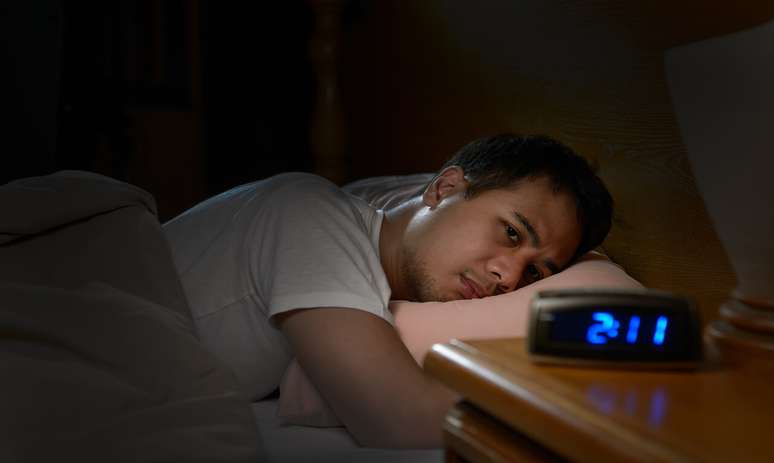At least 7 out of 10 Brazilians suffer from sleep disorders, which directly affect their physical and mental health
The sleep institutes spread throughout the area are registering a growth in services to users, and not by chance. According to studies by the Oswaldo Cruz Foundation (Fiocruz), 72% of Brazilians suffer from sleep-related diseases, including insomnia.
Insomnia, apnea, nightmares, sleepwalking, circadian rhythm disturbances, parasomnia and narcolepsy, for example, are some of the most common sleep disorders. If persisted for long periods, these problems can trigger various diseases, warns the psychoanalyst Dr. Andrea Ladislau.
“The mental and emotional processes related to the rest of the mind denounce a global fragility that increases the risk of outbreaks of diseases, such as Alzheimer’s and dementia, resulting from poor quality sleep”, underlines the professional.
Causes
Identifying what leads to disorders such as insomnia considers psychological, hereditary, and physical factors to better understand symptoms. According to the specialist, some reasons can trigger these problems. Are they:
- High levels of stress;
- Concerns;
- Elevation of anxiety;
- Excessive use of electronics;
- Abuse in alcohol consumption;
- Consumption of caffeine;
- Nicotine consumption;
- Unruly lifestyle.
“Moreover, of course, there are also individual issues, since we are unique beings and emotional aspects also interfere with the well-being and quality of life of human beings,” adds the psychoanalyst. Therefore, each person’s history should be investigated, as it can include recurring episodes of anxiety, stress, trauma, and even depression.
The danger of sleep deprivation
“Prolonged sleep deprivation, or even ineffective sleep, contributes to the development of memory deficits, concentration, the onset of mood disorders, as well as increasing exposure to metabolic, cardiovascular, cardiac or complex dementias,” warns Andrea.
In general terms, the symptoms have negative consequences for the sufferer of the problem, such as:
- Fatigue and daytime sleepiness;
- Difficulty concentrating and remembering;
- Emotional and mental health problems;
- Impact on physical health;
- Impaired interpersonal relationships;
- Reduced quality of life.
“Therefore, considering that the body needs these hours of rest, not sleeping causes physiological and mental effects and a weakening of the immune system, which, of course, will lead to the onset of diseases,” adds the professional. This is because sleep is essential in human life, with the function of restoring and conserving energy in the body.
Prevention
According to the psychoanalyst, the prevention of problems arising from these disorders requires sleep hygiene. That is, the adoption of healthy habits with the aim of improving the quality of night rest. The result is remarkable benefits for physical and mental health. The expert highlights some important tips:
- Avoid using electronics before bed;
- Avoid ingesting caffeine before going to bed;
- Avoid heavy foods and sweets at night;
- Always try to go to bed at the same time;
- Prepare the environment for rest, making sure it is welcoming, with a pleasant temperature, dark and adequate lighting and without noise;
- Avoid strenuous physical activity during the night;
- Practice up to two hours before bedtime;
- Try to disconnect from problems and worries;
- Avoid naps and naps during the day;
- Avoid staying in bed if you can’t fall asleep early;
- Avoid using the bed to study, work or watch TV, for example.
“However, it is necessary to create an ecosystem of intimacy and tranquility to welcome rest. And in the most serious cases of sleep disorders, it is necessary to seek specialized help immediately”, underlines the professional.
Source: Terra
Rose James is a Gossipify movie and series reviewer known for her in-depth analysis and unique perspective on the latest releases. With a background in film studies, she provides engaging and informative reviews, and keeps readers up to date with industry trends and emerging talents.






